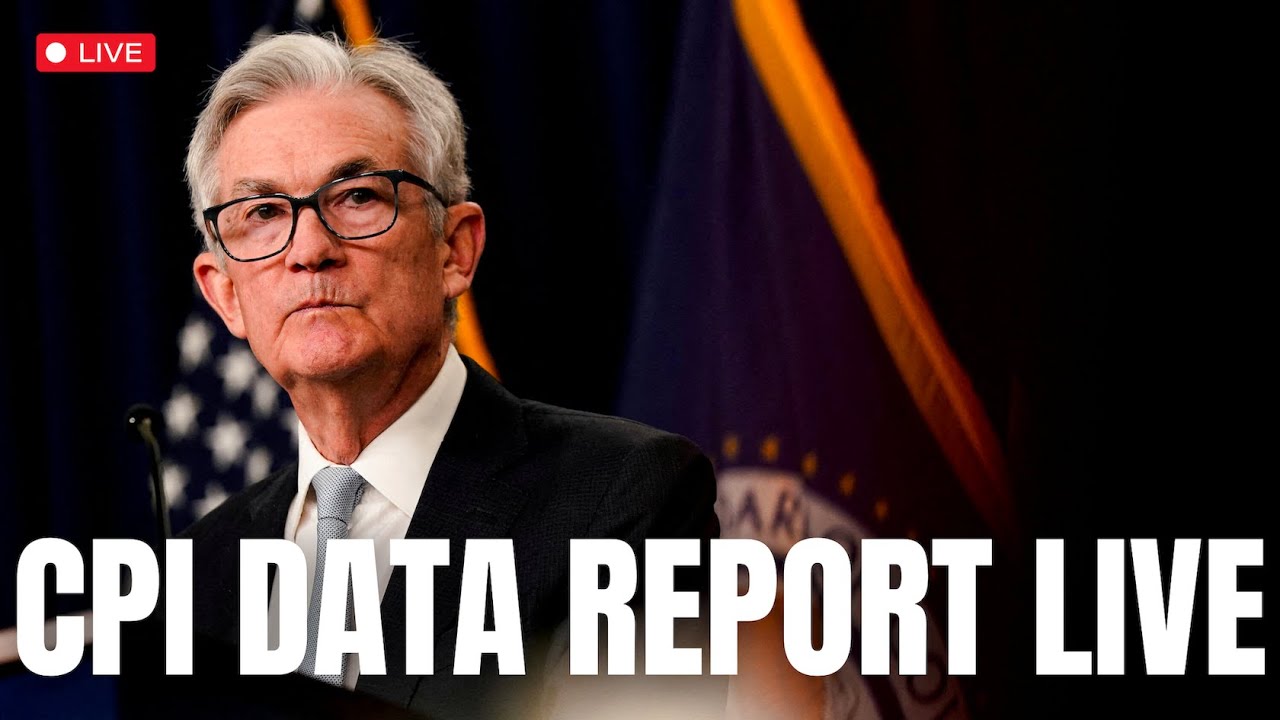Nigeria: Food prices drop during Ramadan • FRANCE 24 English
Summary
TLDRIn a surprising turn during Ramadan, food prices in Nigeria have significantly dropped, marking the first decrease in over a decade. Aisha, a mother of nine, can now afford to slaughter a cow earlier in the season and even distribute meat to 50 widows. This comes amid broader economic changes following the removal of subsidies and currency controls by President Bola Tinubu. While the inflation rate has dropped from 34.8% in December to 24.48% in January, the country continues to grapple with rising rent prices, especially in Lagos.
Takeaways
- 😀 Aisha, a mother of nine, was able to afford meat for breaking her fast this Ramadan, despite economic challenges.
- 😀 This year, food prices dropped significantly during Ramadan, a surprising shift after years of high costs.
- 😀 Last year, Aisha's family could not afford to slaughter a cow until the end of Ramadan, but this year they did so early.
- 😀 Aisha distributed meat from the slaughtered cow to over 50 widows in her community.
- 😀 Nigerians are experiencing a rare drop in food prices during Ramadan, after a decade of price increases during this period.
- 😀 The Nigerian economy has been struggling with high inflation and rising rent prices, especially in Lagos.
- 😀 The inflation rate in Nigeria dropped to 24.48% in January from 34.8% in December, showing signs of economic growth.
- 😀 The removal of fuel subsidies and the lifting of currency controls by President Bola Tinubu have contributed to economic instability.
- 😀 Despite challenges, Nigerians are seeing some relief in food prices, particularly during the Ramadan season.
- 😀 Aisha's experience highlights the disparity between wealthy and lower-income families in Nigeria, as they navigate economic struggles.
Q & A
How has Aisha's experience with food prices changed during Ramadan this year?
-Aisha, a mother of nine, noticed a significant drop in food prices during Ramadan this year. For the first time in over a decade, she was able to afford meat to break the fast, a luxury that was previously out of reach.
What was Aisha's experience with food prices last year compared to this year?
-Last year, food prices were so high that Aisha couldn't afford to slaughter a cow until the end of Ramadan. This year, however, she was able to do so early and distribute it to over 50 widows.
What broader economic changes have impacted Nigeria recently?
-Nigeria has experienced significant economic changes, especially after President Bola Tinubu ended full fuel subsidies and lifted currency controls, which led to inflation. However, recent data shows a drop in the inflation rate.
What is the current inflation rate in Nigeria as of January?
-As of January, Nigeria's annual inflation rate dropped to 24.48%, down from 34.8% in December.
How have food prices changed in Nigeria during Ramadan this year?
-Food prices have dropped significantly during Ramadan this year, which is a stark contrast to the usual trend of rising costs during the season.
What challenges does Nigeria still face despite the recent economic improvements?
-Despite the drop in inflation, Nigeria is still grappling with rising rent prices, especially in Lagos, the country's economic capital.
How does Aisha's experience reflect the broader situation in Nigeria during Ramadan?
-Aisha's experience of affording meat for the first time in years during Ramadan reflects a broader economic shift in Nigeria, where food prices have become more manageable amid the country's ongoing inflationary struggles.
What impact has the drop in food prices had on Aisha and her community?
-The drop in food prices has allowed Aisha to not only provide for her family but also give back to her community by distributing meat to over 50 widows, reflecting a sense of solidarity and generosity.
What role do food prices play in Aisha's ability to care for her family?
-Food prices play a crucial role in Aisha's ability to care for her family. When prices are high, she struggles to provide sufficient food, but when prices drop, it gives her the ability to afford nutritious meals and share with others.
How has the Nigerian economy performed in the face of economic reforms?
-Despite the initial challenges posed by economic reforms, such as the removal of subsidies and currency controls, Nigeria has shown strong economic growth, as evidenced by the drop in the inflation rate.
Outlines

This section is available to paid users only. Please upgrade to access this part.
Upgrade NowMindmap

This section is available to paid users only. Please upgrade to access this part.
Upgrade NowKeywords

This section is available to paid users only. Please upgrade to access this part.
Upgrade NowHighlights

This section is available to paid users only. Please upgrade to access this part.
Upgrade NowTranscripts

This section is available to paid users only. Please upgrade to access this part.
Upgrade NowBrowse More Related Video

CPI DATA INFLATION REPORT LIVESTREAM

Inflation Drops to 2.3%

Tugas Liputan Berita (Teks Berita) Bahasa Indonesia Kelompok 1 Kelas XI.F1 SMAN 1 Padang

Harga Pangan Mulai Naik Jelang Lebaran, Mendag Jamin Harga Stabil

Healthcare Costs in America: Hospitals, Doctors, Medications and More

Why Did Fast Food Become So Expensive?
5.0 / 5 (0 votes)